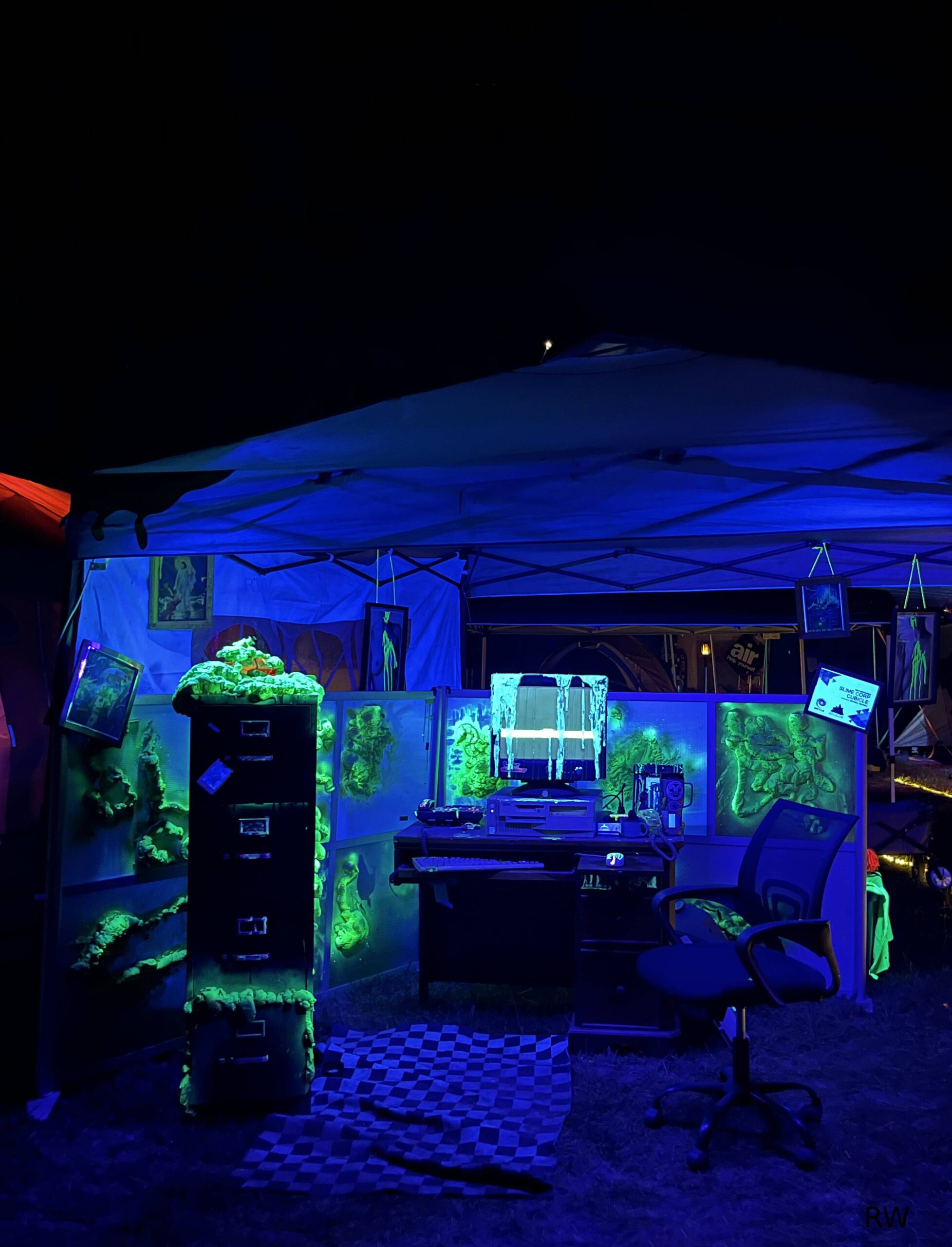
Erase the Internet
The internet was a mistake.
It’s time to fix it.



Computers Used to help and Inspire Humanity
In decades past, humans used computers to play silly games, to learn, to chat with friends and strangers, and share cat photos. They made friends. They created weird and unusual websites just for fun. Even movie websites offered unique experiences and had a spark of eccentricity about them. Sure, there was the occasional computer virus or bout of dysentery, but what good is a campaign to explore a new dimension without
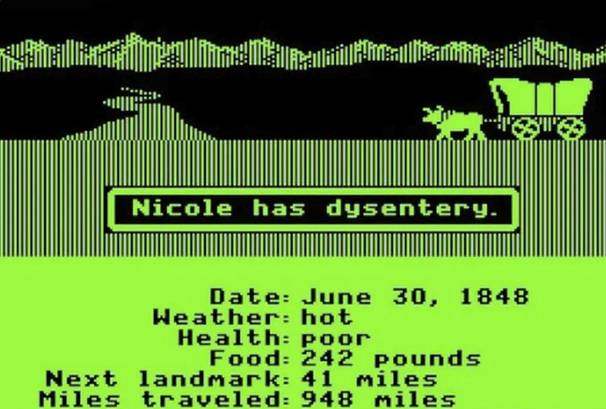
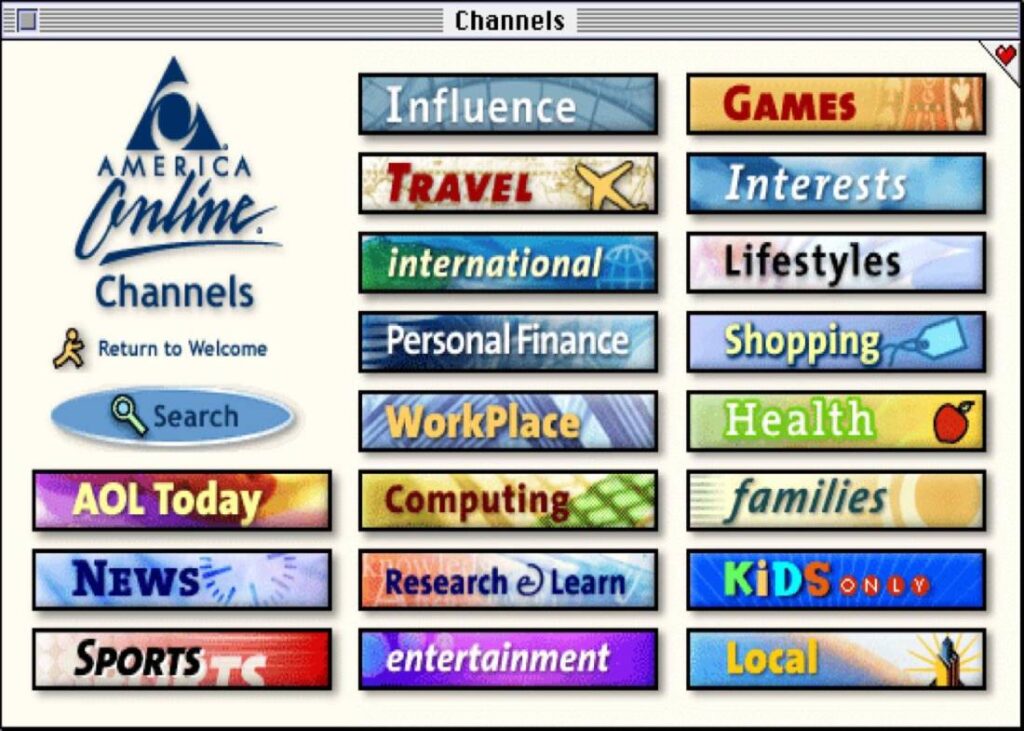
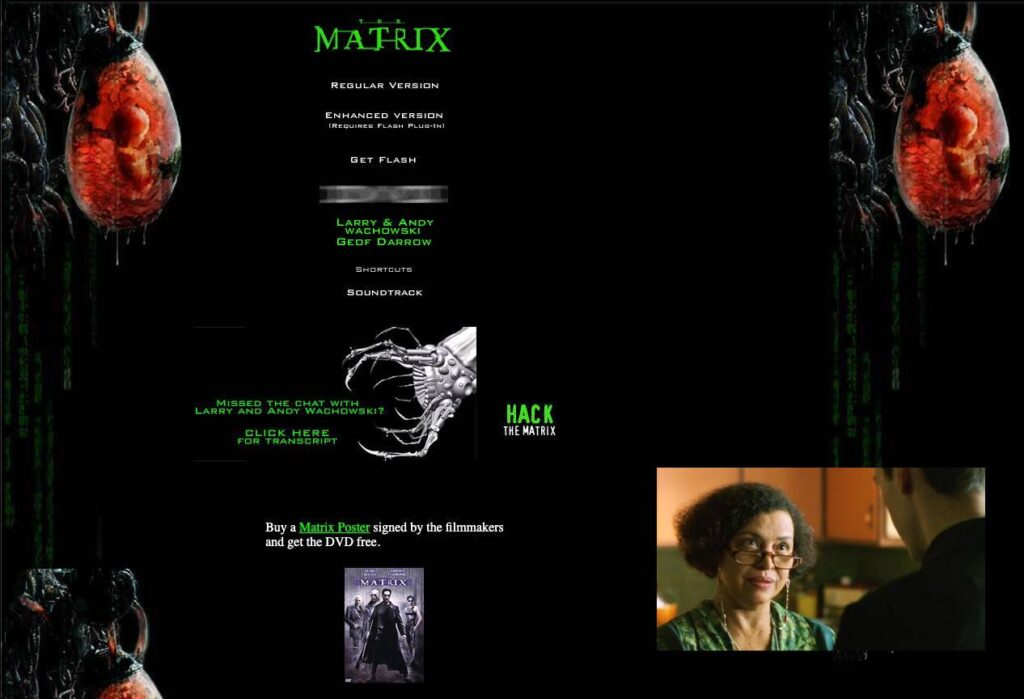
What was once fun and intriguing is now Sterile and Lifeless
People used to talk about 'surfing the web,' and 'exploring cyberspace.' They imagined the future would be a bright place. Now, the art and imagination once seen everywhere in digital form, is now languishing and replaced with ads and manipulation. Human connection has been limited, except to promote outrage and addiction. In some cases AI users are even replacing human users, pushing us toward the hypothesized "dead internet theory."
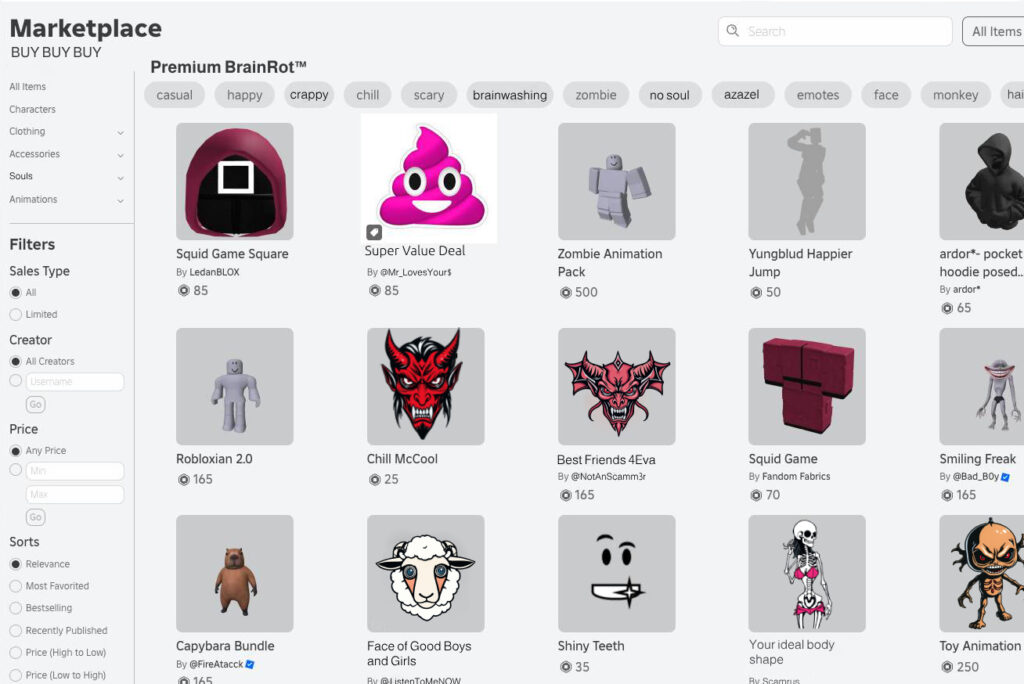


The Web Should Connect Us
We called it the "world wide web" -- the reason why we type "www" before website addresses -- and it was meant to be a place of interconnections, sharing, and communication. The early internet was a place for academic and government researchers to collaborate, share resources, and information. Initially funded by DARPA, it was later funded by the National Science Foundation to make it more broadly available and to encourage worldwide participation. By the time the 90's rolled around, there were chat rooms, discussion forums, and early websites for music, games, and media. People made friends across the globe, wrote digital diary entries to share with others, or created websites for their favorite books, movies and bands. Certainly, this early web had it's flaws: viruses were everyone, connections could be ruined by picking up the phone, and folks began getting scammed right away. But the web was fun then, and it inspired hope for the future.
Where did it all go wrong? Perhaps the problems were always there, but over time things grew worse. The culprit? "The algorithm." Arguments and political debates garnered more attention than artwork, poetry, or even cat photos. But this was no accident, no quirk of human nature. Certainly, any of us can get drawn into drama and debates, but social media algorithms began to prioritize engagement and clicks, which meant prioritizing controversy and outrage. The web was turned into a negative feedback loop of human anger. The results are now all around us. So what do we do?
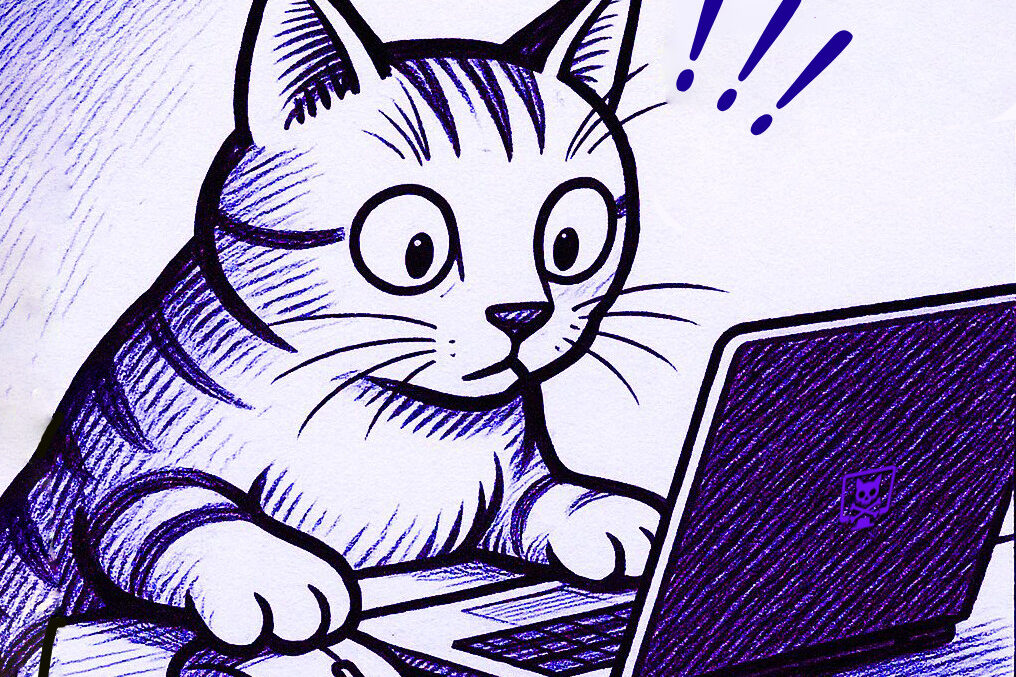
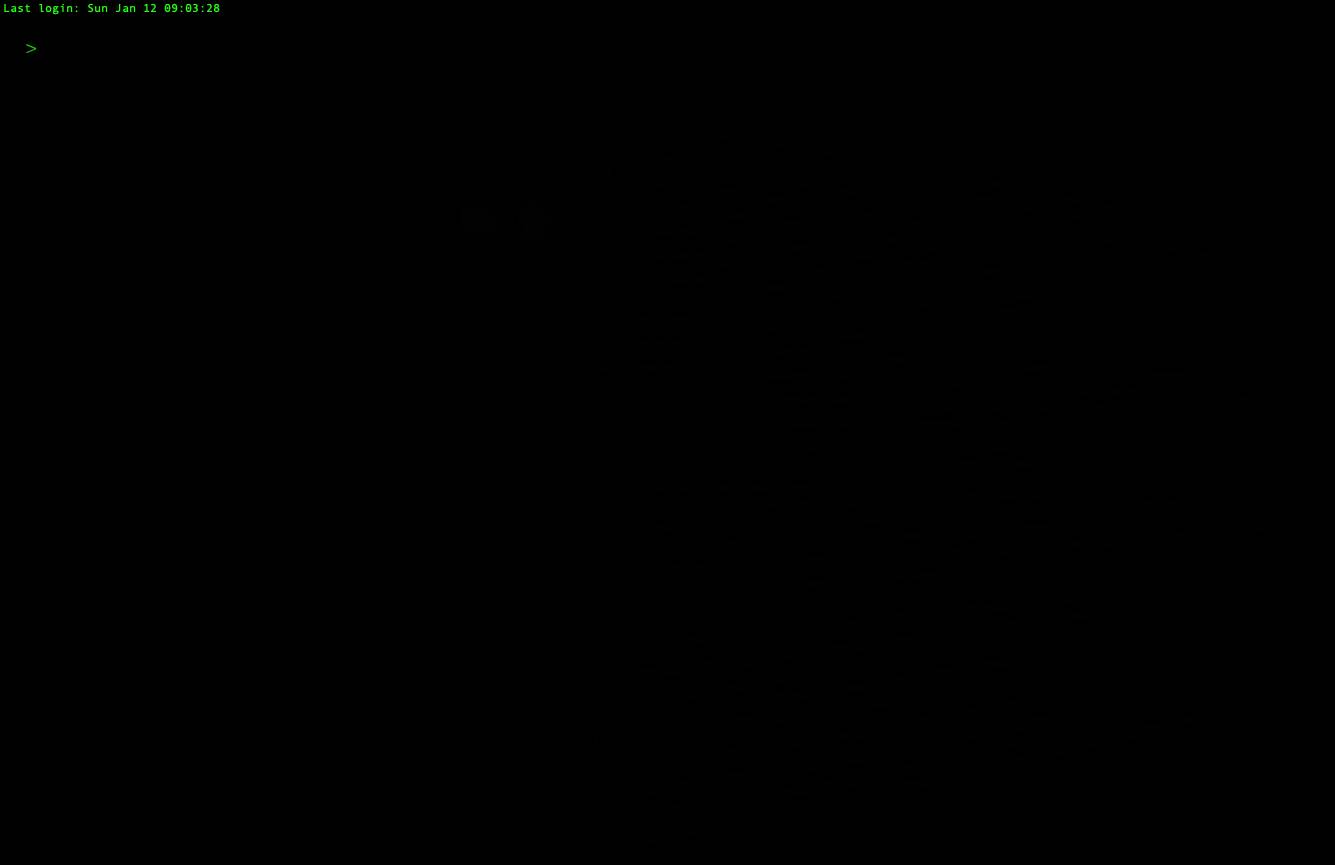
a blueprint to fix the future
How do we even begin to fix this problem? It's possible the internet may die on its own. In some ways that appears to already be happening. Over half of all internet traffic is now artificial bots. But what can we do to help, and to protect ourselves? Step 1: ween off of social media. Delete your accounts. Disconnect and have real conversations with real people. Keep you messaging apps if you must, but go outside and look at the clouds. Pet your cat or walk your dog. As Gen-Z likes to say, touch some grass. If you do use a computer... use it for something creative.
But this alone may not be enough. If the internet itself does not die in an AI-fueled collapse, something more drastic may need to happen.
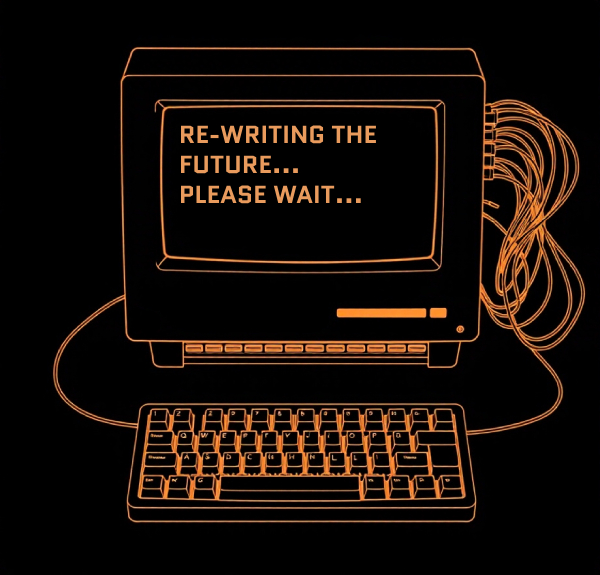
Promulgation of the Great Erase
We must erase the internet.
The thought occurred to me late one Friday evening, while fog drifted outside the lab and the research associates smoked joints far away, outside the lounges, clubs, and dive bars in the ruins of old downtown. While they were unwinding, I was sifting reams of data, alone in the dark with numbers scrolling down my terminals and code splashed across my screens.
It was an intrusive and disturbing thought, for after all, the internet was a vast trove of knowledge, and a communication web that spanned the globe and united humanity. It was supposed to help humankind. And yet… and yet… everything. The seas were warming and the forests were burning. Strange sicknesses were spreading that left people’s minds foggier than city streets, and even once optimistic fandoms were now rife with discord.
These were not the sort of thoughts I was accustomed to having, for my years of post-graduate instruction were in the medical engineering subfield of biological science. And yet, I could not escape the idea of an erase. A mass deletion. The thought had a life of its own. A vibe that I could not shake. And there in the dark, I knew it was our only hope.
#
How could I possibly have come to this conclusion? I am creating this page – a diatribe you might call it – to explain it myself before it happens. Perhaps I’ll revise it as time passes. Perhaps one day you’ll come back and this will all be gone. For now, I have determined that in less than 4000 days, the internet will be wiped out, either by me or by forces out of my control. For after all, I can’t be the only one that has come to this conclusion, can I?
#
To be continued...
#
Check out more of my stories, writing, poems, and other ideas at my homepage: www.ryanwalraven.com
Copyright Ryan Walraven 2026
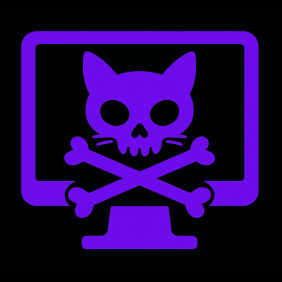
Leave a Reply